Sean Baker always starts with the ending. “Endings for me are number one. They’re the most important thing. It’s what you’re leaving the audience with,” he told The Verge earlier this month. In fact, he “always has to come up with the ending before even putting one word on paper.” It’s not surprising, then, that the director’s endings are usually all-timers. Tangerine, Red Rocket, and especially The Florida Project all leave their characters floating in perfect ambiguity, allowing for dozens of varied interpretations that may change with repeat viewings.
Anora is no different. At its New York Film Festival screening earlier this month, several people audibly gasped when the screen cut to black—not out of shock, but something closer to relief. While the ending isn’t “happy” in the classic sense of the word, it’s not a total downer either. Who better to help process it than Sean Baker, Mikey Madison, and the rest of the Anora cast, who spoke to The A.V. Club about their own personal interpretations at the film’s New York premiere earlier this month. Unsurprisingly, they varied quite a bit.
Ivy Wolk, who plays a member of Vanya’s posse, characterized the ending as a “release.” “Sean knows how to write the fuck out of an ending,” she said. “So much aggression has been pent up the entire film and a lot of it [Ani] got to exorcize, but not in the way she needed to… Like she didn’t need to be kicking people’s asses or pulling hair, she really just needed—and deserved—to be able to cry.”
Karren Karagulian and Vache Tovmasyan, who possess two of the aforementioned kicked asses, expressed a similar level of reverence for Baker’s writing. “I can personally watch that ending forever,” said longtime Baker collaborator Karagulian. “It’s the most appropriate ending for this film. I personally think it’s a happy ending.”
“I love the ending, I’m obsessed with it,” added Tovmasyan. “It’s so powerful. You kind of feel guilty for laughing before that, you know?” The movie is very funny, which definitely adds to the punch-in-the-gut feeling of its final moments.
On the other hand, both Luna Sofia Miranda and Lindsey Normington—who work as strippers on-screen and in real life—saw the ending as merely a transition into the next chapter of Ani’s story. “It’s not really an ending,” Normington said. “Really, it’s just the moment before going back to work the next day. I don’t think at the end of the film Anora is any less or more of a person. I think she’s just like, ‘Okay, that was the end of that arc,’ and then there’s always something else with this type of work. She’s changed, but I also think she’s just rolling right into the next thing.”
“I like that it’s not a happy ending because even though it’s devastating, her life is in her hands,” Miranda added. “She doesn’t need Vanya to save her. It’s crushing, but I like to imagine that she’ll go back to the club, make her own money, and buy a nail salon.”
Both the film’s star and director, however, were far more hesitant to color the scene with their personal readings. “The ending is kind of like a Rorschach test for people,” Madison said. “I’ve heard so many different interpretations, ranging from very cynical to very romantic. It’s been fun for me to hear other people’s perceptions. I think it’s more interesting than mine, honestly.”
As for Baker, he laughed and said, “If I ever put out what I think, it would ruin the whole idea of people talking about it after the fact.” Baker wants to encourage people to “write their own ending.”
“We designed it in a way where it should be left up for interpretation. It’s been wonderful to hear. Some of them have been wild, actually,” the filmmaker said. He also said that he doesn’t see his films as imparting any sort of specific takeaway. “It’s more about the themes that we are tackling, and hoping that the film sparks discussion about those themes.”
But the proverbial prize has to go to Mark Eidelstein (Vanya), who summed up the discussion in just four words: “It’s one possible ending.”





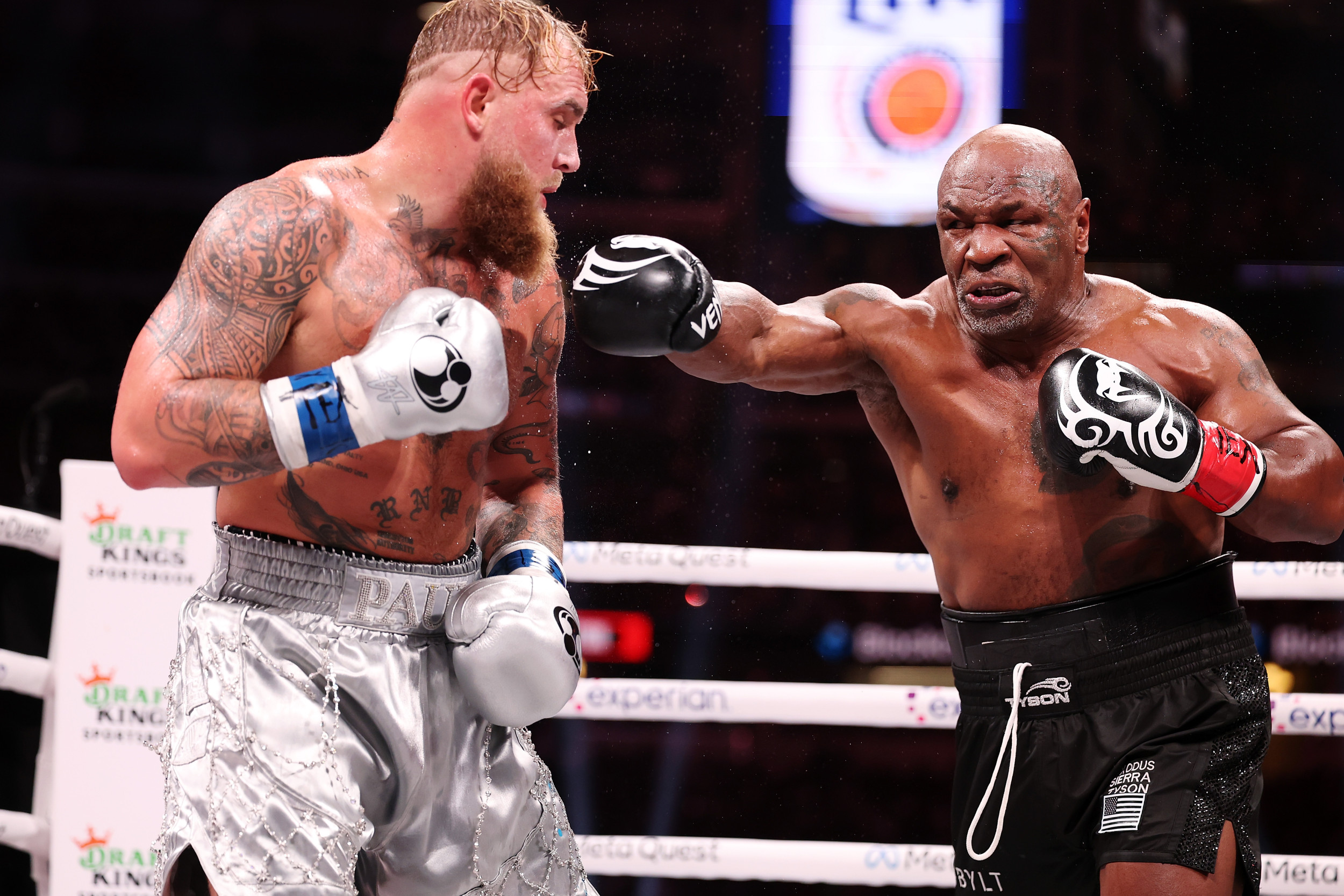
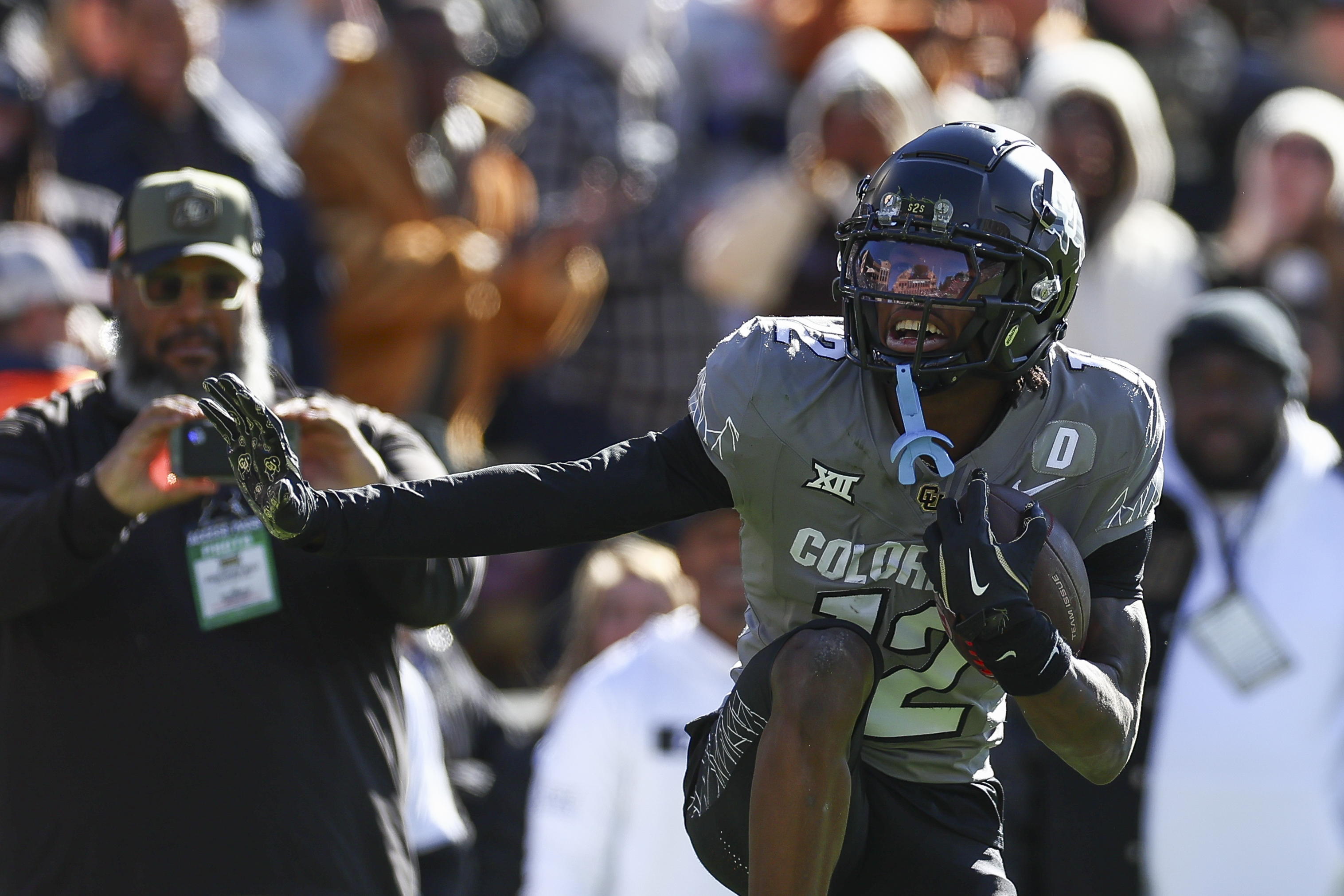

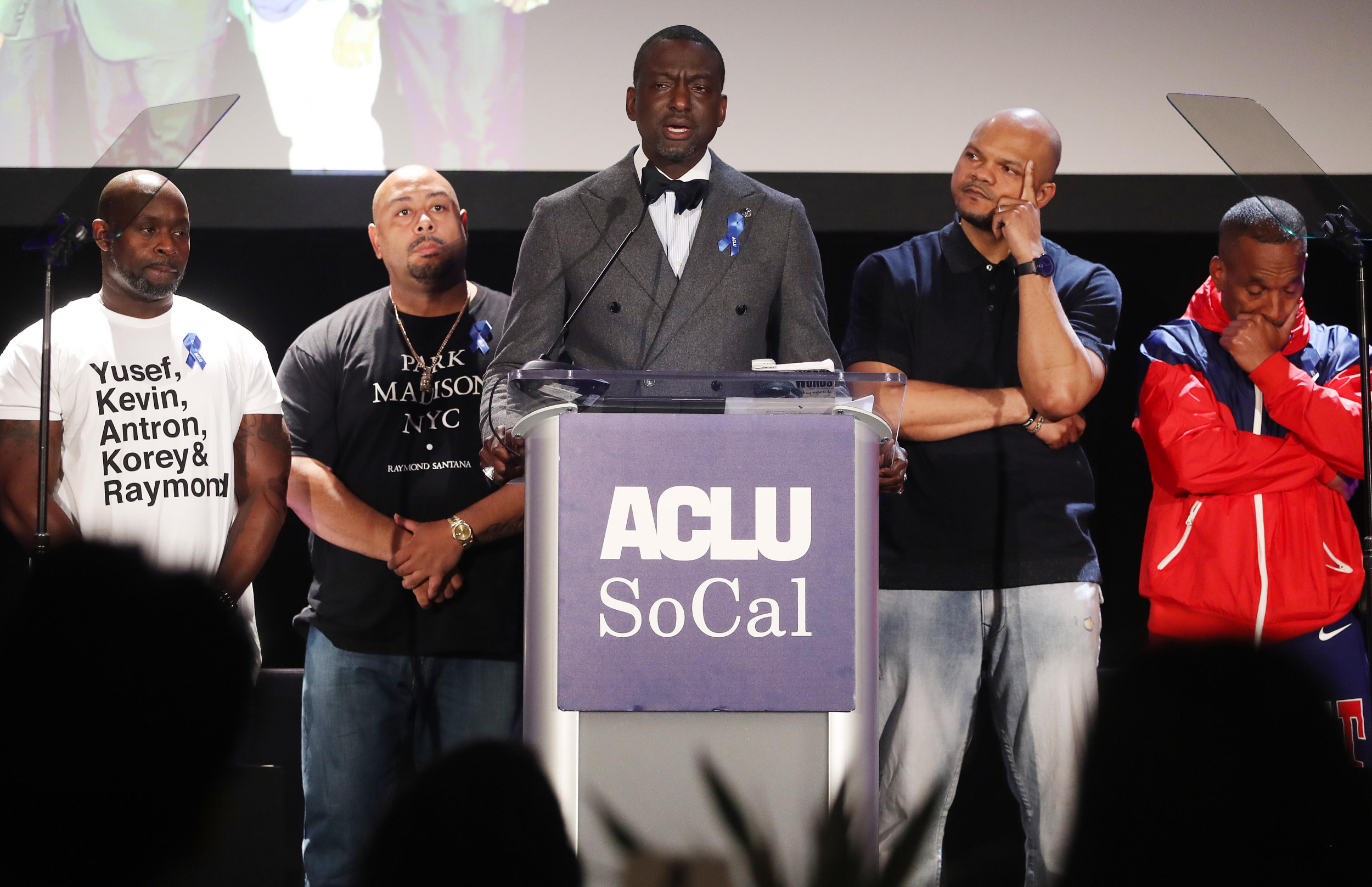
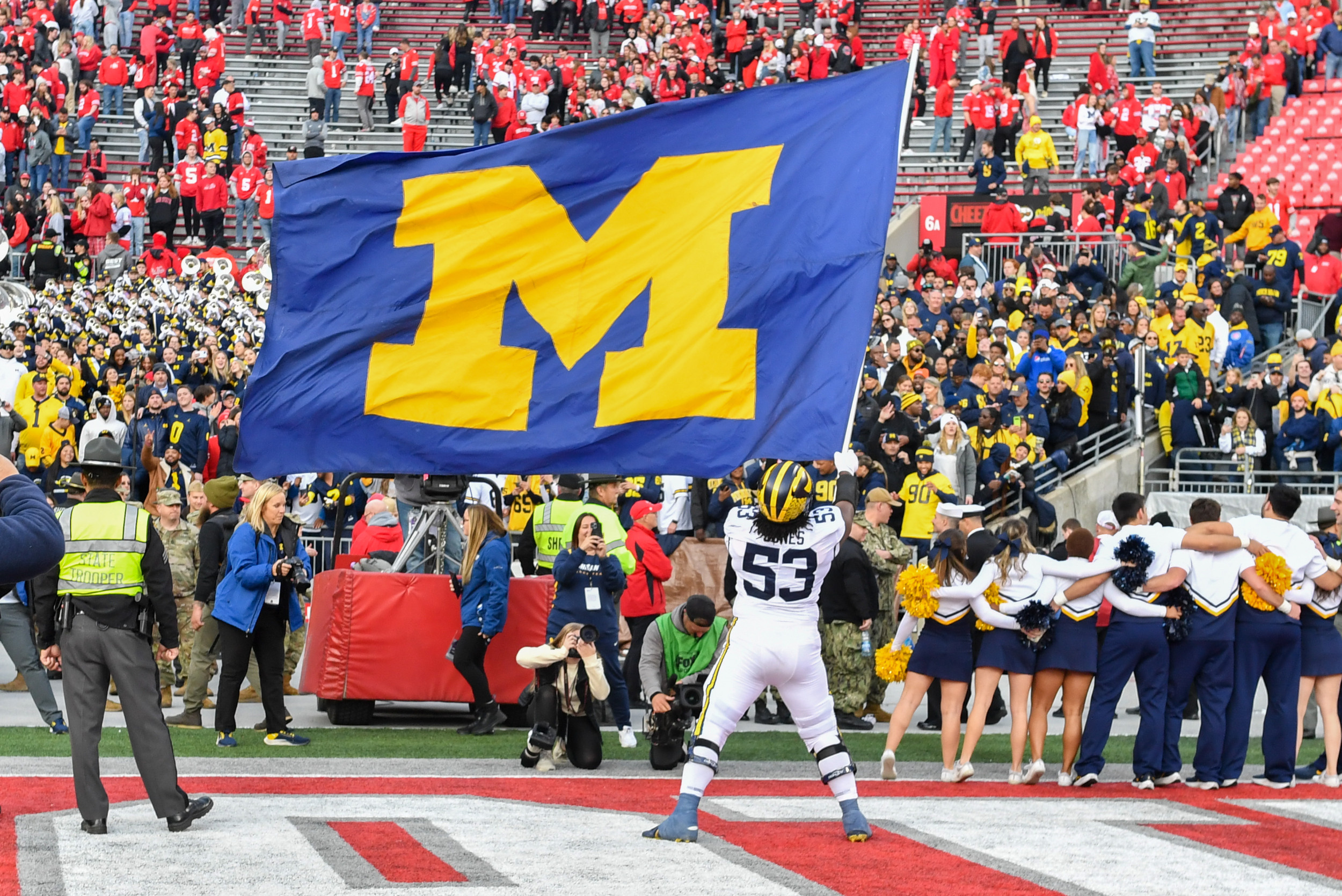

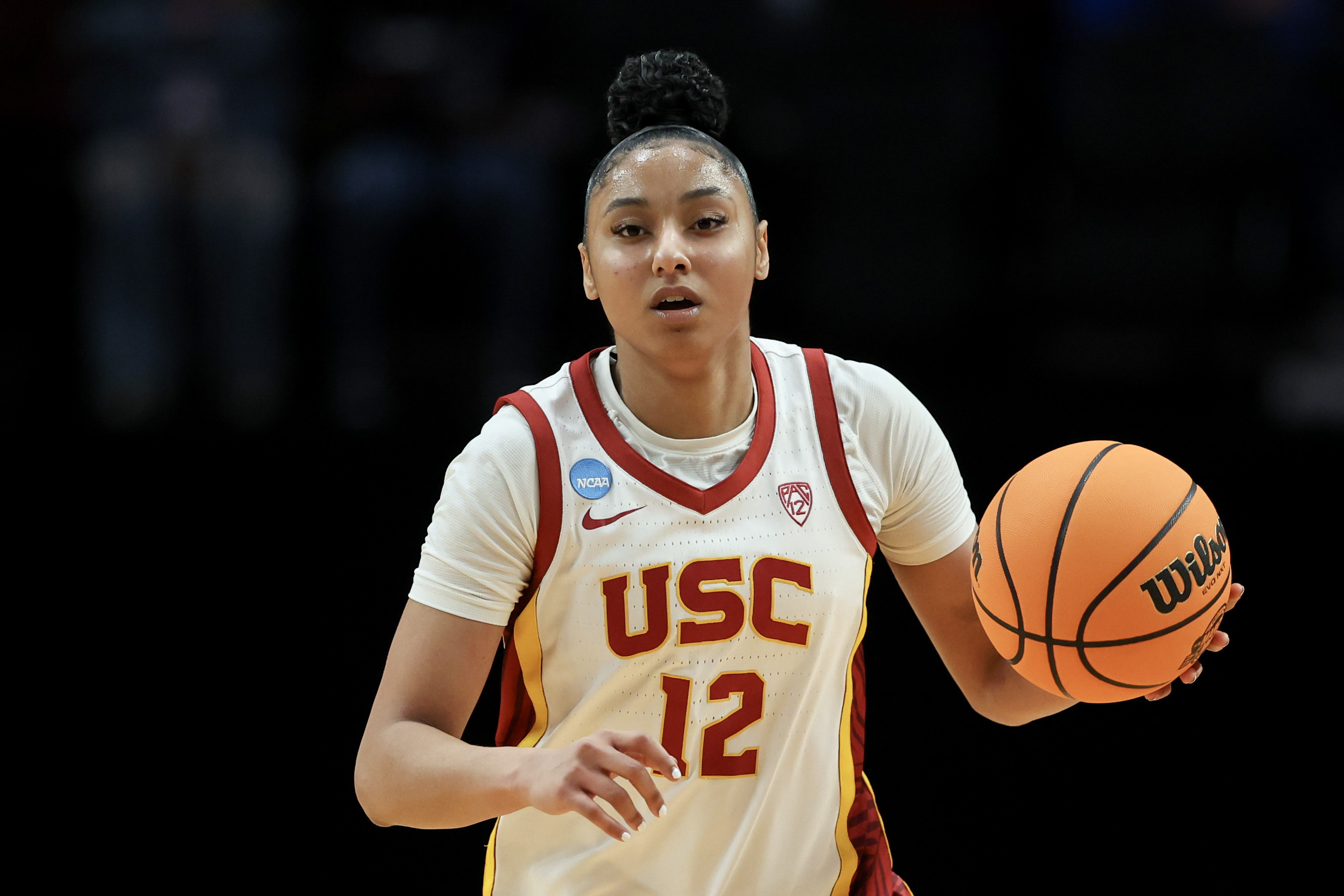








 English (US) ·
English (US) ·